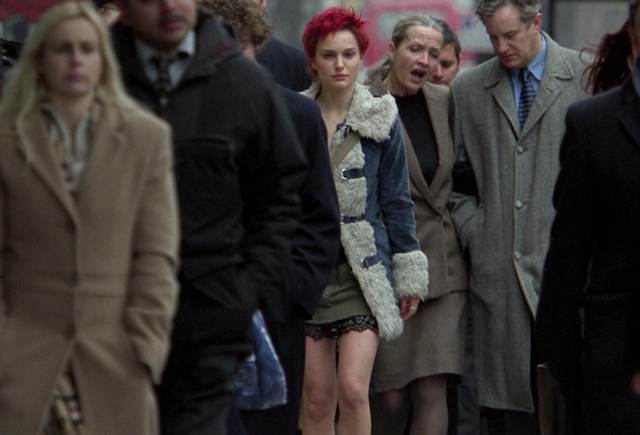I have recently made the decision to move away from a friendship with someone who I love deeply.
I made no announcement; I just took a quiet step back, made a visual disconnection in my mind of my energy, connected with my inner peace, put up my protective walls, and sat down and had a darn good cry.
I made the decision because to compromise would have been to betray myself, to dishonour my intuition, to not show up for myself, and it would have been a blatant act of self-disregard.
So, at that moment—that exquisite moment, that crossroad moment—when all I wanted to do was fall into my usual pattern, accept the emotional cop-out and lack of acknowledgement, the diminishing of my feelings, the not holding space, the lack of empathy, and the gaping effing hole of unkindness so that we could continue to be friends, I said no. I said that I know my value.
We start off life being taught how to compromise, because we are not taught how to stand in our truth. That it is okay to stand in our truth. That it is an act of self-love. By the time we realise how important personal boundaries are, we have allowed ourselves to be doormats, pushovers, and punching bags in the name of love.
We have felt disconnected, disrespected, and unheard, because we don’t know that it’s okay to say no. It’s okay to ask for what we want; it’s okay to tell those we love how we need to be comforted. By the time we acknowledge our “enoughness,” we have already carried shame, feeling not good enough, resentment, and felt envy, anger, and alone for a long time.
We are not taught that our conviction comes from a place of love and kindness. Instead, we are told these are weaknesses, that conviction must come with loud and brute force, and yet these are not socially acceptable behaviours—so with no alternative, we compromise. We stuff down our voices, we bite our tongues, and we choose polite and acceptable over fair, just, and true to ourselves.
By the time we have defined some (or all) of our non-negotiables, we have already negotiated the ones that matter. We have a lifetime of accepting standards, actions, love, comfort, and behavior that is lower than what we desire.
We have been told for such a long time that it’s better to not upset others, to be agreeable, to accept emotional abuse because it’s not as bad, to accept passive-aggressive behaviour because it could be worse, to accept unkindness because people are ignorant, and that makes it okay to accept abuse in our work places because we should feel lucky to have a job, to accept harassment because that’s boys being boys, to accept our morals and ethics being violated, our boundaries punished, and our feelings being hurt because the only alternative—we are told—if we do not compromise, is that we run the risk of rejection, abandonment, and ridicule. We run the risk of being alienated, losing friendships and relationships, and ultimately being alone.
And we have been sold a one-size-fits-all story that love will only work if there is compromise. A story that comes with no footnotes, no index, no reference table, and no nuance. And it’s an easy, one-sided story to sell because we buy fear, we don’t want to be alone, and ending relationships sucks and is painful. And yet, the less we show up for ourselves, the less we believe that we can. The less we use our voices, the more our “enoughness” and our value diminishes. The more we allow trespasses in the name of love, the more disillusioned we become about love.
So, let’s take this story and add our footnotes and index. Let’s scribble our non-negotiables in the margins. Let’s figure out what compromise means to us individually, so that we can know when we will, and when we won’t, and when we must, and when we simply cannot. And, also, when it’s healthy or when it’s fear based.
Let’s decide what the alternative looks and feels like, because we have a choice. In that moment when I said no, I felt empowered, free, and calm. I knew that what I was choosing was coming from a place of love and kindness for myself, for my friend. I felt in sync, and in flow, as though I wasn’t fighting against my own grain—that I was aligned. I felt relieved—as though the tension and anger and fear that my body had been holding onto for weeks just left me. I felt grateful for this incredible friendship and the lessons that it continues to teach me. I felt heard, and I felt valued.
Standing in our truth is knowing we are enough, that we already have all we need, and that it all begins within us. It’s knowing that we are deserving of love, joy, kindness, respect, and beauty. That our feelings matter, that we matter, and that to try and compromise our fundamentals is to betray ourselves.
Go with love and kindness into your healing, your loving, and your truth standing.
~
~
~
Author: Kim Jackson
Image: “Closer” still
Editor: Travis May







Read 6 comments and reply